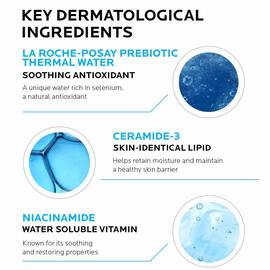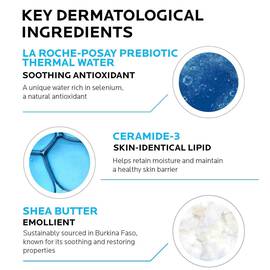WHAT CAUSES SENSITIVE SKIN & SENSITIVE SKIN REACTIONS?

Updated: 04/12/2021
SUMMARY: Do you often experience unpleasant skin reactions such as tingling, burning and pain? If so, it is possible that you could have sensitive skin. Read on to learn more about what sensitive skin is, how to determine if you have it, and what may be causing your sensitive skin reactions.
WHAT IS SENSITIVE SKIN?
Sensitive skin can be defined as the occurrence of unpleasant skin reactions (burning, pain, pruritus and tingling sensations) in response to stimuli that normally should not provoke these sensations1. It can affect all areas of the body, especially the face. Sensitive skin can be easily irritated by environmental triggers. These triggers can cause general skin discomfort such as tightness, tingling, and itchiness. Those with otherwise normal skin can experience skin sensitivity if the skin barrier is disrupted by an aggressor, such as harsh ingredients applied to the skin. Others can have sensitive skin as a result of symptoms associated with an underlying skin condition such as eczema, atopic dermatitis, or psoriasis2.
HOW DO I KNOW IF I HAVE SENSITIVE SKIN?
In order to determine if you have sensitive skin, you should look out for the below symptoms. If you are experiencing any of the below, you may need to use skincare products that provide a feeling of comfort and protection. Click HERE to explore La Roche-Posay’s products for sensitive skin.
Those with sensitive skin often experience skin reactions such as3:
- Redness
- Dryness
- Rashes
- Breakouts
- Increased sensitivity to the sun
Although the exact cause of sensitive skin is not fully understood by the scientific community, several characteristics have been attributed to an increased likelihood of sensitive skin.
Factors that contribute to sensitive skin :
- Gender
- Age
- Fair skin, susceptible to sunburn
- Environmental and external factors
- Sun exposure
- Exposure to air pollution
NEXT ARTICLE: HOW TO CHOOSE THE RIGHT SKINCARE FOR SENSITIVE SKIN





